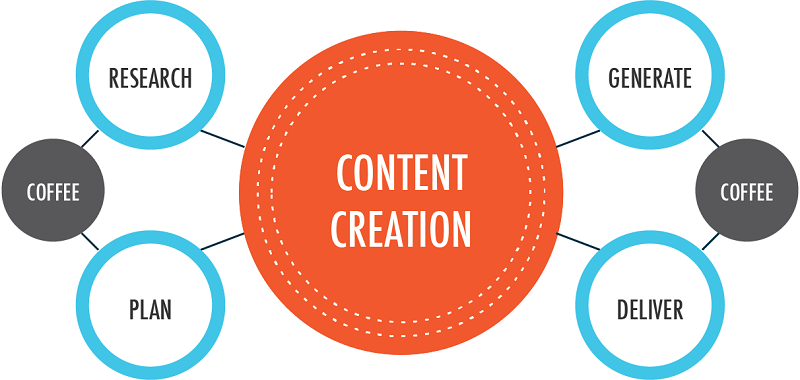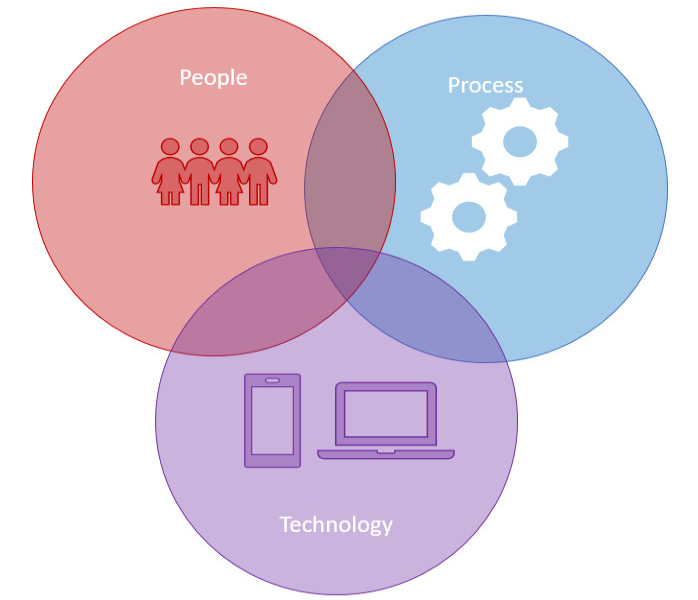
The unpredictable future is a worrying thought for most marketers. With rapidly changing conditions, accelerating digital marketing trends and technologies, changing customer preferences, brands can go obsolete in no time.
The threat can be one big competition, one new regulation, or a new piece of technology. Thus the concept of future-proofing can help brands re-evaluate marketing strategies to be less susceptible to upcoming threats.
Long gone are the days of “Mad Men” advertising, wherein Don Draper pitched campaigns for everyone based on one thing: happiness. Still, many companies rely on conventional marketing methods like batching and blasting in today’s complex world. But we need not forget that one size does not fit all. The core purpose of a successful marketing campaign is to maximize conversion with minimum investment.
Your current marketing approach is further threatened in the future by threats like the rising concern over data privacy and protection. Additionally, significant disruptions like the COVID-19 pandemic bring forced changes. A McKinsey business insights report highlights that around 75% of US consumers tried different stores, products, or brands during the pandemic. Moreover, 65% of those consumers also expect to keep using new brands post-COVID life.
5 Ways to Future Proof Your Digital Marketing Strategy
Of course, all marketers and CMOs want to shield themselves against the threats. So rather than waiting for the new disruption, here are the best ways to do it.
1. Integrate technology and data
Technology and data are some of the best bets for a successful business in 2024 and beyond. Last year, companies or marketers outperformed their peers by more than 20% using technology and data. Simply, because you have a common source of truth, you can make better decisions and become agile at the same time.

When choosing a marketing strategy, make sure you find a technology with room to grow. No one is certain which marketing strategy or product will last long, but to remain relevant in the distant future, you should be agile enough to upgrade and modify. Brands should experiment and equip their marketing teams with technologies to address rapid market changes. Virtual data room are an essential component of your digital marketing strategy going forward, providing secure and efficient management of sensitive information.
Using artificial intelligence as a bridge between marketing and data can help brands deliver better products and experiences. AI technology also enables businesses to anticipate better and understand customer behavior. This leads to a faster response to changing customer needs, leading to better conversions.
Emerging technologies like AR/VR and blockchain will also impact how we market and advertise. However, wearable technologies still have untapped potential for marketers and will only grow in the future.
So learning and investing in these early trends and technologies can deliver more significant results in the future. For example, marketing strategies can include the use of AR for immersive customer experience. Also, virtual assistants and chatbots are already used by companies like Domino’s Pizza and more to expand sales and deliver better CX.
2. Prioritize data privacy, protection, and consent

Recently the data issue of Facebook highlighted by Cambridge Analytica raised some critical questions about the platform As a result your digital marketing strategy demands a focus on data privacy and protection going into the future
Also brands should provide personalized experiences to every customer Your digital strategy will sustain only if you understand that the customer will be the central decision maker who should be given the control
Related Post: Strategies for Implementing an Effective Inbound Marketing Stack for Startup
3. Listen to your audience

There has been a forced shift in consumer behavior and needs in the past couple of years. For a successful marketing campaign and better engagement, creating and revising the profile of your target audience is a must. User personas help you understand the pain point, patterns, and needs of the user. Your digital plan could bring rapid customer outcomes and even anticipate future roadblocks if done right.
The actionable insights and knowledge about customer requirements and behavior can help your marketing and sales team streamline the campaigns. As a result, your customers will enjoy a better experience, and the company can save resources otherwise spent on features and campaigns not needed by the user.
In addition, you can leverage demographics, social data, and preferences collected through different channels, including analytics, offline surveys, or more. Thus understanding your customer data is essential to future-proof your digital marketing strategy.
4. Deliver quality content

With the ever-rising content shock, delivering just great content is not enough, and it must be backed by influencer marketing, social proof, and values. Good quality content brings value to the customer, helps them solve a problem, or relates to them. Creating targeted content with accurate metrics not only aids in raising brand awareness or conversions but builds trust and improves customer retention.
Building a solid connection with customers through regular engagement and communication is a must for a future-proof business. Study analytics for content that is doing good on your website and replicate that content. Understand the user interactions and behavior to design content and pages. Conduct regular audits to determine opportunities for a more robust digital strategy.
Understanding your competition is essential. Keep a close eye on the direct and indirect competitors that are successful. Simple ability to understand their success and gaining actionable insights for yourself can make your marketing campaign future-proof. Also, analyze the technologies your competitors grasp to prepare better.
5. Invest in people, processes, and multiple channels

The top-performing companies are 21% more profitable than their peers if they have highly engaged employees. Investing in people leads to improved productivity and better client service through new acquisitions and skill development. Richard Branson’s philosophy simply says: Customers come second, employees first.
To achieve something extraordinary, you will have to do things you have never done before. For the evolution of digital strategy, employee training and contribution is a must. Your marketing strategy has changed; how do you expect your employee to implement and deliver impact with these changes?
Your teams must adopt new technology and trends for a comprehensive digital transformation. Apart from marketing teams, the sales and other departments must be briefed about any recent strategic changes. Further, promoting diversity of ideas can help you achieve above-average results.
Minimize risk and maximize return by using multiple channels at the same time. No one marketing strategy or approach is everlasting or guarantees success. However, diversifying your efforts across various channels like SEO, Blogs, PPC ads, and social media simultaneously can.
Conclusion
To be straight, it is not possible to completely future-proof your marketing strategy. Several things pose a threat to your digital marketing strategy, and who knows, the unpredictable future may open a new pandora’s box.
With these many future-proofing strategies, you can have breathable room to adapt and make changes to your marketing efforts. Adapt to the changes and apply these strategies to keep your brand afloat in times of uncertainty.
Bio:
Bhavik Soni is a Creative Writer at Auto Monkey. We provide an original analysis of the latest happenings in the social media industry. Connect with Latest Social Media Trends and News plus tips on Twitter, Facebook and other social tools on the web.






